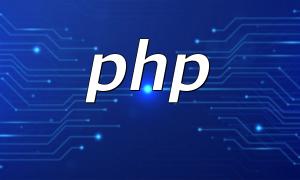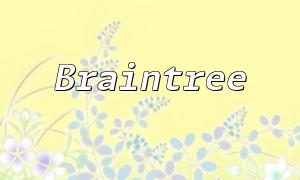In PHP development, the json_encode function is widely used to convert arrays or objects into JSON format. However, sometimes invisible characters may appear, causing JSON data anomalies. This article explores the causes of this issue and corresponding solutions.
Invisible characters are characters that cannot be directly seen in text, such as spaces, tabs, and newlines. Their presence in JSON strings can lead to encoding errors or parsing failures, affecting data integrity.
Extra spaces or hidden whitespace in strings often remain from concatenation or processing, resulting in invisible characters appearing in json_encode output.
If input data mixes multiple encoding formats, such as UTF-8 and ISO-8859-1, json_encode may produce invalid JSON strings. Maintaining a consistent encoding, usually UTF-8, is key to avoiding this issue.
Certain special characters in JSON (like backslashes and quotes) must be escaped properly; otherwise, they cause format errors and invisible character issues.
<span class="fun">$data = trim($data); // Remove whitespace from both ends of the string</span>
The trim() function effectively removes leading and trailing whitespace, reducing the risk of invisible characters from spaces.
<span class="fun">$data = mb_convert_encoding($data, 'UTF-8'); // Convert to UTF-8 encoding</span>
Ensuring all input data is consistently encoded in UTF-8 minimizes issues caused by incompatible encodings.
<span class="fun">$data = addslashes($data); // Escape special characters</span>
The addslashes() function escapes quotes, backslashes, and other special characters, ensuring valid JSON strings.
Invisible characters during JSON generation with PHP's json_encode are common but manageable. By trimming whitespace, standardizing encoding, and escaping special characters, you can effectively prevent these issues and improve code stability and data exchange accuracy.









